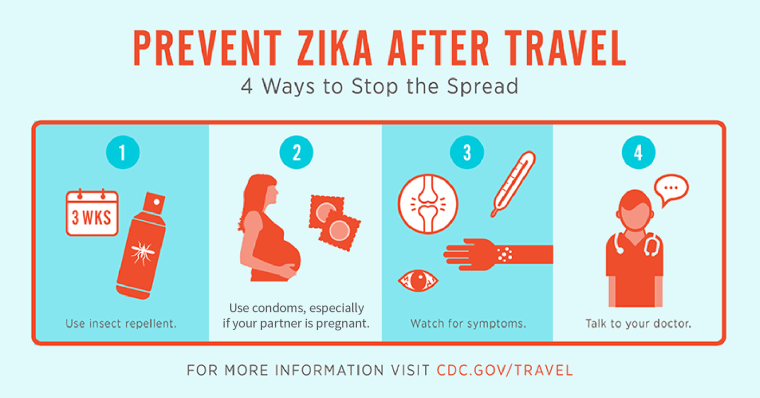Zika is a virus that primarily spreads through infected Aedes aegypti mosquitoes and can cause serious birth defects in babies whose mothers were infected during pregnancy, the Centers for Disease Control and Prevention notes. The best way to prevent Zika is to prevent mosquito bites. Zika was once never seen outside Africa, Asia and the Pacific, but it arrived in Brazil in 2013 or 2014 and has spread across the Americas. For most U.S. residents who are not traveling, Zika is unlikely to be a problem, experts say.
How does Zika affect babies?
Zika is known to cause a range of birth defects, including microcephaly — an abnormally small head — collapsed skulls and other deformities, and eye defects.
At least 10 percent of babies born to women infected with the Zika virus have been diagnosed with visible birth defects, federal researchers found. Some of the babies may have subtler birth defects that will only be seen as they grow, the CDC team said.
What are Zika virus symptoms?
The virus does not cause symptoms in most people it infects and most people who do have symptoms suffer little more than a rash, and perhaps headache, fever and general achiness.
Where is the Zika virus found or contracted?
The Zika virus is carried by Aedes aegypti mosquitoes, which thrive across the U.S. South and live year-round in south Florida and the Texas Rio Grande valley. Cases elsewhere in the U.S. have been spread by travelers bringing the virus back with them. Zika can be transmitted through mosquito bites, from a pregnant woman to her fetus, through sex and likely through blood transfusion, though that’s not been confirmed, the CDC notes.

How does Zika affect pregnancies?
Because Zika can cause birth defects, pregnant women or women who could become pregnant should stay away from any place where Zika is spreading, the CDC and World Health Organization warn.
Pregnant women with any chance of Zika infection need regular scans to see if the fetus is affected — and any babies born need an ultrasound or CT scan to check for birth defects.
What is the treatment for Zika?
There is no specific medicine or vaccine for the Zika virus. Tell your doctor if you think you have Zika, get plenty of rest, drink fluids to prevent dehydration and take medicine such as acetaminophen to reduce fever and pain, the CDC advises.